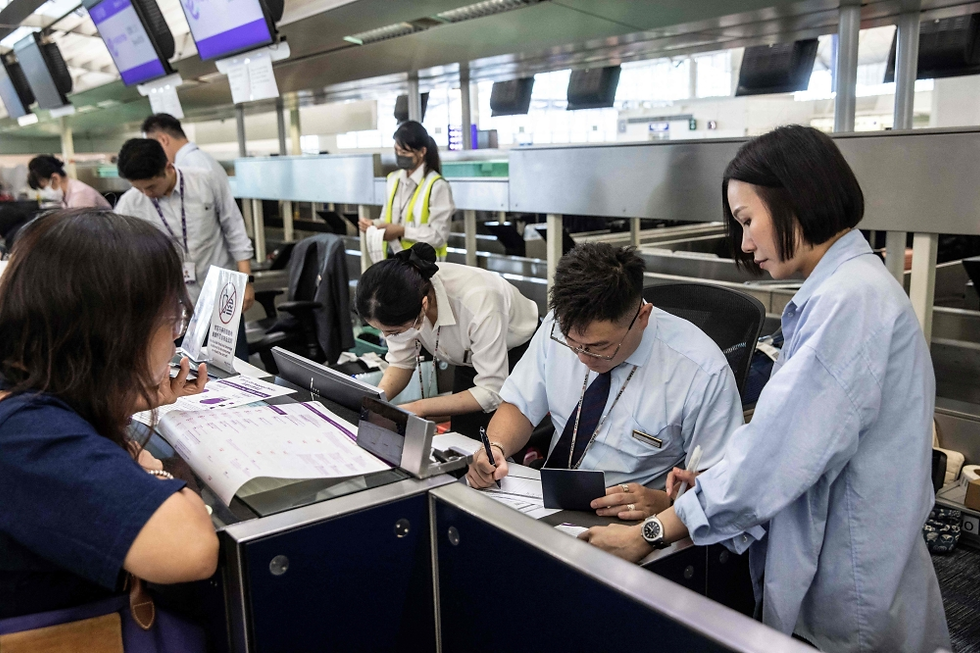How China Avoided the Worst of the Global Tech Meltdown
- Deepshikha maan
- Jul 21, 2024
- 2 min read
By D. Maan, Jadetimes News
How China Dodged the Global Tech Meltdown's Worst
As far as widespread IT disruptions went on Friday, much of the world struggled but not so much in China. There's a simple reason, CrowdStrike, the U.S. cybersecurity company at the root of the problem, is hardly deployed at all in China.
Few Chinese organisations purchase software from CrowdStrike, one of the most vocal cyber security companies about threats from Beijing. At the same time, China uses less Microsoft than the rest of the world, with domestic firms such as Alibaba, Tencent, and Huawei dominating the market for cloud services.
Reports of outages in China were mostly restricted to foreign firms or organizations. On Chinese social media, for instance, users complained that they could not check into international hotel chains such as Sheraton, Marriott, and Hyatt located in Chinese cities.
Chinese government organizations, businesses, and infrastructure operators have gradually been replacing foreign IT systems with domestic alternatives over the past years. At times, some analysts have called this parallel network the "splinternet."
It shows how strategically China has handled foreign technology operations, said Josh Kennedy White, a Singapore based cybersecurity expert. Microsoft operates in China via a local partner called 21Vianet, which runs services independently of its global infrastructure. This setup insulates China's essential services—like banking and aviation from global disruptions.
It perceives lessening dependence on foreign systems as something that will actually strengthen national security. This parallels moves pulled in the recent past by some Western countries from banning Chinese tech group Huawei's technology in 2019 to the UK's move to ban Chinese owned TikTok from government devices earlier this year.
The US has since tried to ban the sale of advanced semiconductor technology to China, and is restricting American companies from investing in Chinese tech, citing national security concerns. State run newspaper Global Times carried an editorial that made thinly veiled references to these restrictions on Chinese technology.
"Some countries are keen to talk about security, generalize the concept of security, but ignore the real security, this is ironic," the editorial wrote. Unless one considers that what the argument is driving at is that while the US is trying to regulate global tech use, one of its own companies has thrown a wrench in global activity due to negligence.
It also criticized monopolistic practices of internet giants. "Relying solely on top companies to lead network security efforts, as some countries advocate, may hinder not just the inclusive sharing of governance outcomes but also introduce new security risks." This probably touches on the debate over intellectual property, in which China stands accused of copying or stealing from Western technology. Beijin denies these accusations, calling for an open global technology marketplace while keeping a tight leash on its domestic tech scene.
Not everything was insulated in relatively closed off China. Some workers were thanking an American software giant for giving them a short workweek. "Thank you Microsoft for an early vacation" was trending on the social media site Weibo, where users were posting pictures of blue error screens.








































Comentarios